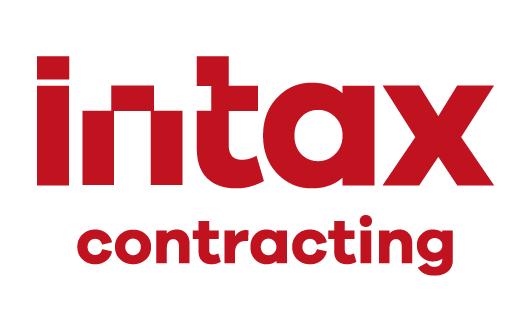The world of contracting is buzzing with talk of IR35, a tax law in the UK that is meant to stop people from avoiding paying their taxes. This particular law does not directly affect Ireland, but the ideas behind it are similar to Irish tax laws about “disguised employment.” It is very important for IT contractors working in Ireland to understand what these kinds of rules mean and come up with ways to stay in line. As a contractor, what does this mean for you? How should you handle these changes?
What is 'Disguised Employment'?
‘Disguised employment’ refers to the practice of workers using limited companies or other intermediaries to provide services that would otherwise be considered traditional employment. This arrangement may result in a lower tax bracket for the worker and fewer employment rights obligations for the employer, which the Irish tax authorities are keen to monitor.
The Irish Perspective
While there is no direct equivalent to IR35 in Ireland, the concepts are embedded in the Irish tax code. The Revenue Department’s approach to employment status is based on a set of criteria that differentiates independent contractors from employees. It is critical for contractors to understand these criteria in order to avoid being classified as employees for tax purposes.
Implications for IT Contractors
The main implication for IT contractors in Ireland is that they must clearly define their working arrangements in order to avoid being considered employees. If the Revenue Commissioners determine that you are an employee, you will be subject to PAYE (Pay As You Earn) and may face significant financial consequences such as back taxes and penalties.
Strategies for Compliance
Consider the following strategies to stay compliant and maintain your status as an independent contractor:
- Contract Clarity: Make sure your contracts clearly reflect your independence and do not include clauses that could be interpreted as employment. Seek legal advice if necessary.
- Operational Independence: Show your clients that you have operational independence by using your own tools, working from your own location, and maintaining control over how you complete your work.
- Financial Risk: Demonstrate that you bear the financial risk of the company by having your own insurance, invoicing for completed work, and negotiating your own rates.
- Work with Multiple Clients: Whenever possible, work with multiple clients rather than a single client, as this helps to establish your company’s status as a business in its own right.
- Umbrella Company Partnership: Working with a reputable umbrella company can add an extra layer of compliance by assisting you in structuring your work arrangements in accordance with legislative requirements.
Embracing the Change
Change can be frightening, but it also provides opportunities for development and adaptation. Adapting to the regulatory environment means staying ahead in a competitive market for IT contractors. You can secure your position as an independent contractor and thrive by understanding the implications of ‘disguised employment’ and taking proactive steps.
Conclusion
You are not alone if the prospect of tax legislation and compliance seems daunting. Your primary focus as an IT contractor should be on your projects and professional development. Let us guide you through the complexities of Irish tax law. Contact us today to ensure that your contracting status is secure and compliant. Do not let change catch you off guard—take charge and contact us now to secure your contracting career’s future. We will work together to turn these challenges into stepping stones to your success.

